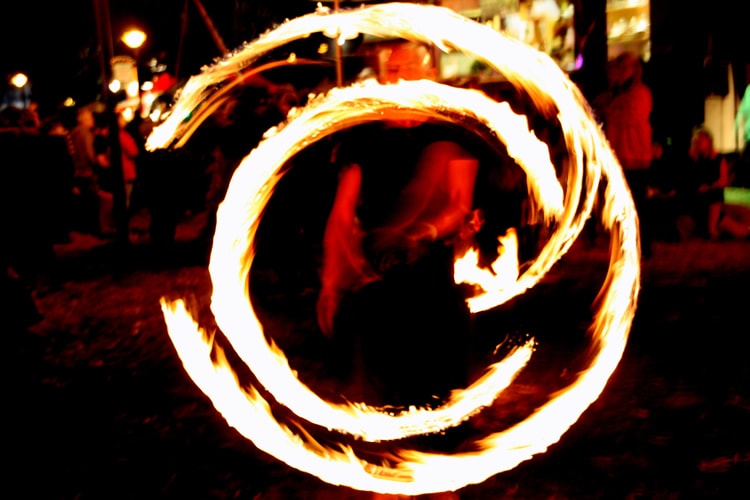The Complexities of Copyright in the Modern World
Copyright has always been somewhat of a maze for photographers, and matters have only increased in complexity since the advent of digital technology and the widespread use of imagery on the internet. The internet makes it far harder for photographers to protect their work and some copyright laws don’t aid things.
Basic copyright law has always enshrined the rights of the ‘author’ of work (be this a photographer, writer, artist etc). A photographer will always own the copyright of any photograph they take, unless they are the employee of a company (in which case the company will own the copyright), or they assign the copyright to another party. Frankly, I think that assigning copyright away as a photographer is highly inadvisable but there are a few companies that insist on it (Condé Nast for example are notorious for this).
But I digress. The point is that a photographer’s photos belong to them and if anyone else wants to use them they should, in principle, be paying for them.

photo by Martin Fisch
It’s Not OK To Steal
As photographers, we obviously take steps to protect our copyright by using watermarks or attaching metadata to our images. Furthermore, many images on the internet are uploaded at a low resolution, meaning that they wouldn’t be suitable for printing out.
However, this doesn’t stop companies from stripping metadata, or other websites trying to use photos without paying or even crediting the photographers. Time needs to be given over to keeping an eye on the online use of imagery, or employing a specialist agency to do so.
The trouble is that a lot of people think it’s okay to use images without asking for permission. There seems to be an assumption that creatives are, in general, just producing art for fun. Comments from clients such as, ‘I have to pay? But you’re a freelancer – as in you do this for free!’ aren’t actually that uncommon. Making a living in the creative industry is hard work at the best of times and dealing with people stealing imagery just makes it all the harder.
Demonizing Creatives
In the UK where I live, copyright has always been fairly well protected, but recent moves by the government have made things harder. In April last year, an act was passed that, in the name of allowing reuse of orphan works – paved the way for the government to grab photographs and other visual images, in breach of international conventions.
Orphan works are traditionally ancient photos and images, whereby the author of the works is long dead, or there is really and truly no way to trace the owner.
Unfortunately, the recent UK legislation failed to narrow the scope to ancient works, thus opening a floodgate. In essence, this means that all images on the internet have been swept into the scheme, including those by non-UK owners. Of course, the release of this news prompted a flurry of complaints from image creators. What is known as a statutory instrument has now been written, which clarifies matters somewhat and is apparently full of clauses and safeguards that reflect image owners’ concerns. I say ‘apparently’ because it’s been extremely tightly controlled and few have been allowed to see it. Those that have cannot make a copy or take a copy away with them.
And things get worse. Apparently the process in said Statutory Instrument is so complicated and expensive that sources say it will be cheaper to use a photograph without permission and be sued for doing so. This is a ridiculous state of affairs!
Fortunately, the act still has to go through secondary legislation, but it seems that I am living in a country that wishes to further demonize creatives.
Always Read the Fine Print
Even social media isn’t a safe haven for promotion. Facebook, for example, changes its terms and conditions on an almost weekly basis. But in almost all updates, they have stated that any imagery posted on their site automatically becomes their property to do with as they wish. There’s a salient lesson in this of course, which is to always read the fine print!
But the problems remain, of course. And protecting our creativity and imagery on the internet is only going to get harder, I suspect as usage becomes more and more ubiquitous. What’s distressing is the seeming lack of respect given to artists and the time and effort most of us put into our work. Work which we’re often unable to focus on fully as our time is spent dealing with issues such as those detailed in this article.
Unfortunately, this is the reality of the modern world. For those of us who want to continue making a living as photographers, we need to accept that effort must be put into protecting our imagery as far as possible.
